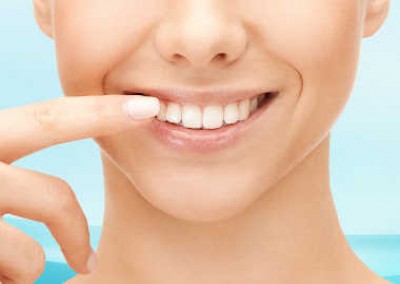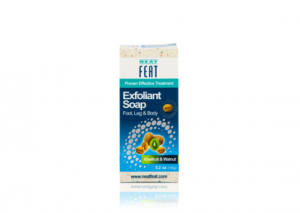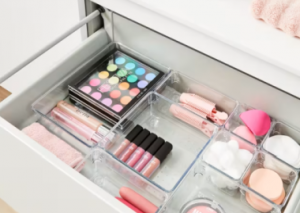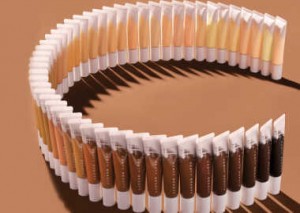
Article by BR Natalie
We've said it before and we'll say it again. In the words of the Starks 'Winter is coming'. It's time to step up our moisturising routine and protect our skin against dryness, cracking and flaking.
Chances are when you think of a moisturiser you think of lotion. The thought of slathering your body and face in oil probably brings on the beauty fear sweats. You might not know it, but oil is the moisturiser of choice in many regions around the world - and making the switch from lotion to oil might just be the thing to save your skin this winter.
What's the difference between lotions and oils?
Lotions, simply put, are oil and water mixed with an emulsifier to keep them together. Many lotions have extra 'goodies' added to them, including aloe vera, vitamin E, vitamin D, shea butter and keratin. These are all key ingredients to replenish and repair the skin can be used to alleviate various skin conditions such as eczema. Lotions can penetrate deep in to the skin and are formulated to be noncomedogenic (the fancy term for "non pore-blocking").
Oils replicate what's already found in your skin - natural oils and therefore protect the skin's lipid barrier. Oils create a barrier on the skin that prevents moisture from evaporating from the skin and therefore leave it moisturised for longer. Although scientists question how deeply oils pentrate the skin, the fact they create the barrier to keep moisture in means many plant based oils have been the only thing to cure severe dry skin conditions.
But won't oil leave my skin, erm, oily?
Many people (especially those with acne-prone skin) believe oil will clog their pores, cause breakouts, or leave a greasy film. This couldn't be further from the truth - most natural oils are easily absorbed, not greasy, and noncomedogenic So they really are suitable for all skin types.
Can I use any old oil for this?
Before you reach for the Canola, you might want to check out these alternatives!
Sweet Almond Oil is a highly nourishing oil which is light and easy to apply. It contains vitamins A, E, B1, B2, B6 and has a high percentage of mono and poly saturated fatty acids. It's gentle enough to use on a baby's skin and is apparently brilliant at reducing undereye dark circles. Add a few drops to the skin under your eyes before bedtime - you should see optimum results after a week or two!
Jojoba Oil is actually a wax! It's very similar to the skin’s natural sebum and leaves a luxuriously smooth feel to your skin. It won't penetrate deeply though, so is best for people who don't have super-dry skin. People with oily skin might be interested to know that Jojoba Oil seems to slow down the skin's oil production. It's thought it does this by being so similar to the skin's natural oils it 'tricks' your skin into thinking it's made enough.
Coconut Oil is a solid in cooler climates, you just need to scoop a little out of the jar and rub it between your palms. Voila! An instant body moisturiser. Coconut oil (possibly due to it's tendancy to solidify) can be a little comedogenic so it's probably best not to use it on your face.
Argan Oil is best known as a hair treatment, but it is an amazing saviour to super dry skin! It's jam packed with vitamin E and is 80% formed from anti-inflammatory fatty acids. Being on of the more expensive oils, it's probably best saved for those real problem areas. Unless of course you can afford to slather your body in this liquid gold!
Grapeseed Oil comes from pressing the seeds of grapes (you might have guessed!). It's full of antioxidents and suitable for all skin types (from dry to greasy) as it actually regulates the body's natural oil production. it is high in antioxidants. It's pretty cheap and you can pick it up along side your cooking oils in the supermarket. A couple of drops a day applied directly to your skin is enough to prevent the signs of aging and even out skin tone.
Olive Oil is rich and thick, and perfect for rescuing dry hands and feet. Slather it on your hands and feet as an intensive treatment or add a little to your bath for a real moisturising treat! You'll want to buy reasonably high quality olive oil - look for 'first cold press' on the label, which means the olives weren't exposedto high temperatures, which would severly decrease the nutrients, antioxidents and fatty acids in the oil.
Over to you beauties, do you regularly use oils as your moisturiser or does it just not appeal to you? Get chatting below!














This is a really good article as I have often thought oils would be superior to creams but obviously they are both really important for different reasons. Thanks for the article